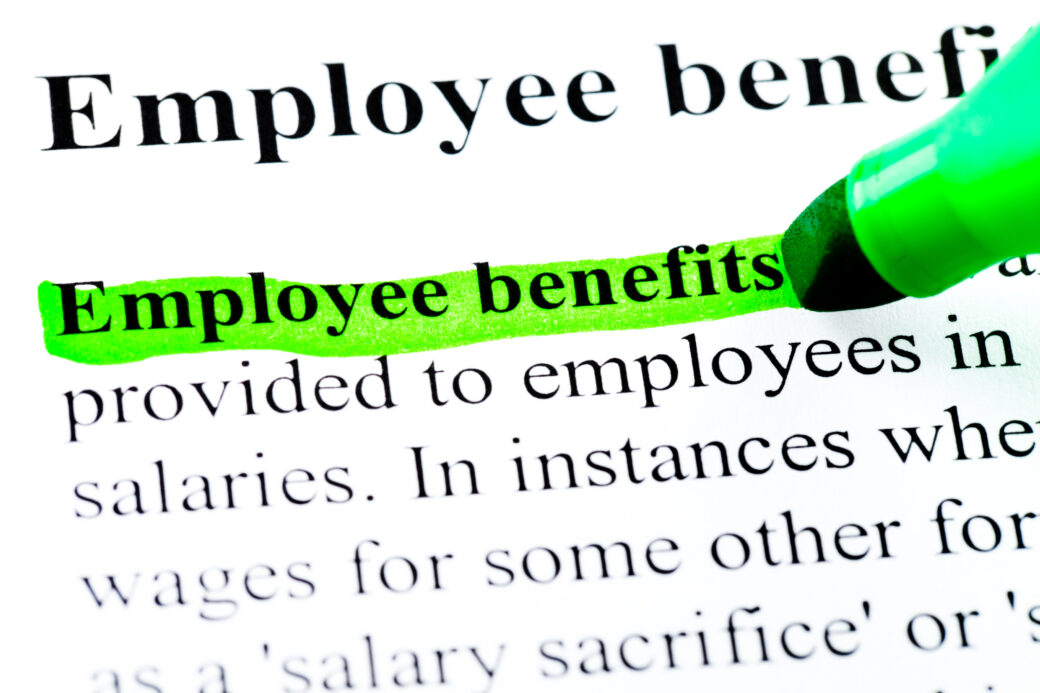
The tax system contains a number of exemptions, some of which are more useful than others. One of the more valuable exemptions is that for mobile telephones. As long as the associated conditions are met, an employee can use an employer-provided mobile phone for private use without being taxed on the associated benefit. However, there are some pitfalls to avoid.
Provision of the phone
The exemption applies where an employee is provided with a mobile phone ‘without any transfer of property in it’. This means that the legal ownership of the phone must not be transferred to the employee.
The method of provision is also key. The exemption will only apply if the contract is between the mobile phone provider and the employer. If the employer chooses to purchase the handset outright, they must retain ownership of it; the airtime contract must be between the employer and the mobile phone provider.
From a tax position, the outcome is different if the employee contracts with the mobile phone company and the employer pays the bill on the employee’s behalf. Here the employer is meeting a personal bill of the employee rather than providing the employee with a mobile phone. As a result, the mobile phone exemption does not apply and the amount paid on the employee’s behalf is taxable and liable to Class 1 National Insurance.
Likewise, if the employee initially meets the cost of the phone and/or the airtime and this is later reimbursed by the employer the mobile phone exemption does not apply as the employee is not being provided with the use of a phone. The exemption for paid and reimbursed expenses does not apply either if the phone is used privately, as the employee would not be entitled to a deduction should they meet the cost personally.
Although at first sight it may seem that the same result is obtained in each case – the employee has the private use of a phone the cost of which is met by the employer – the tax consequences are very different. It is essential that the employer provides the phone and contracts with the mobile phone provider for the exemption to apply.
One phone per employee
The exemption is limited to one phone for private use per employee. Where the employee also has a phone which can only be used for business calls, the exemption remains available for a phone which can be used privately. There is no tax charge if the phone is only available for business calls and is only used for business calls –the business phone is ignored for the purposes of the exemption.
Beware salary sacrifice
The exemption does not apply where the phone is made available under a salary sacrifice or other optional remuneration arrangement.